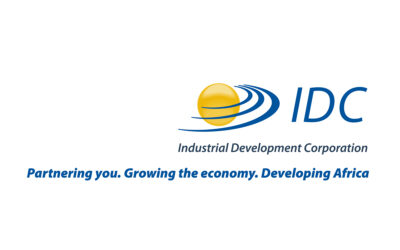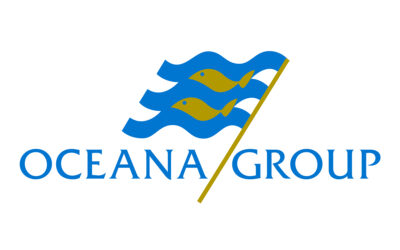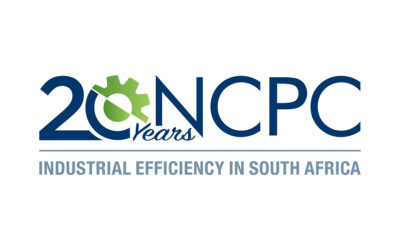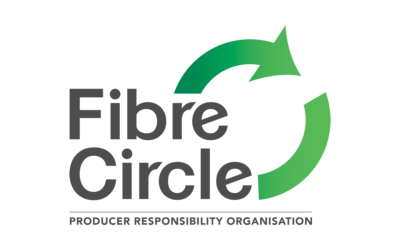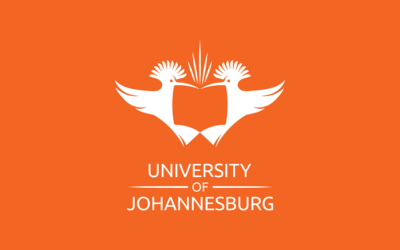Julie Hay, founder and executive director of Singakwenza Early Childhood Education, has carved out a unique space in the early childhood development (ECD) realm by establishing a sustainable preschool programme which requires merely a pair of scissors, a marker pen and disposable household packaging.
Singakwenza, meaning “we can do it”, is situated in Hilton, KwaZulu-Natal, and was born from the desire to grant less fortunate children the benefits of early childhood learning. Hay began her career in ECD in 2000 and has dedicated herself to creating workshops, training practitioners, writing training manuals and designing toys.
Singakwenza has used its key philosophy of “sustainable change” to equip parents, caregivers and practitioners on a grassroots level with the stimulating and educational tools for preschool children in 64 under-resourced crèches. The aim is to develop their basic learning skills through play, using resources made solely from recycled materials. Hay says that she has accomplished far more than she had ever aspired to: “I’ve learned that we have some incredible, resilient and caring women in really tough circumstances who want to make a difference for the children they care for.”
When asked about what she wishes all South Africans knew about the natural environment, Hay replies: “Most people don’t see the bigger picture of how one piece of rubbish or single bin bag contributes to the massive pollution problem that we’ve created that affects our health, our access to clean water and our very existence.”
To emphasise this point, the practitioners at Singakwenza have designed their educational tools entirely from household rubbish. This sustainable approach to ECD is simple and cost-effective, and it creates ecological awareness for children in their foundational learning phase.
Most people don’t see the bigger picture of how one piece of rubbish contributes to our massive polution problem




